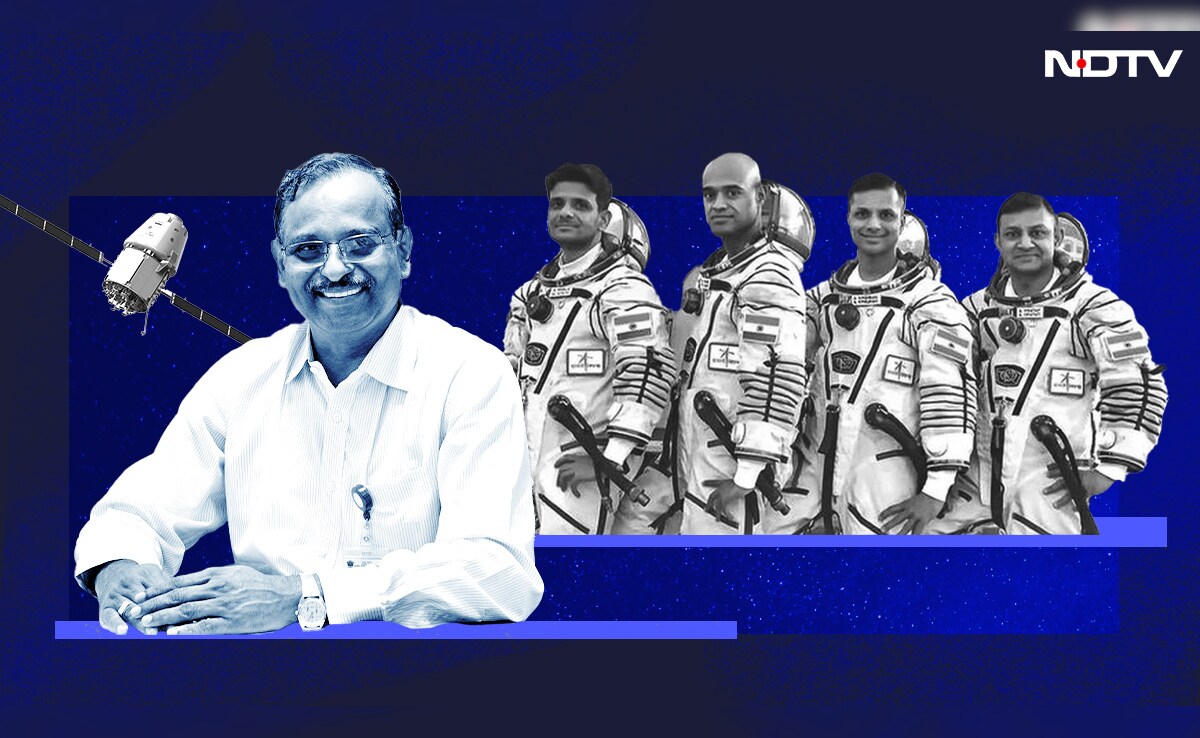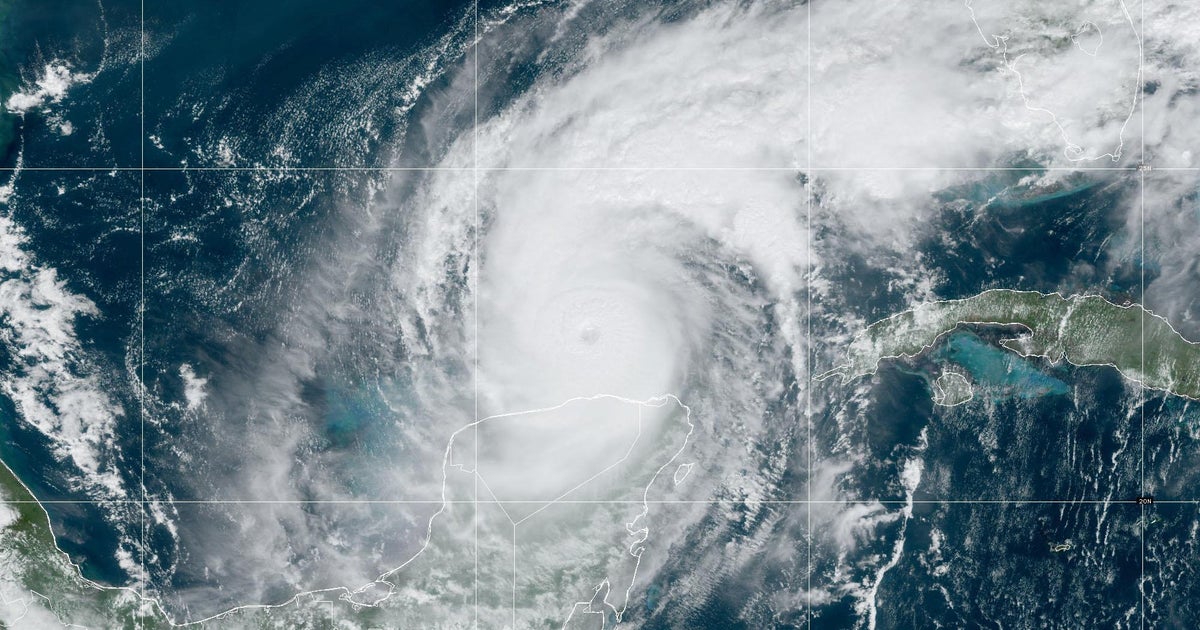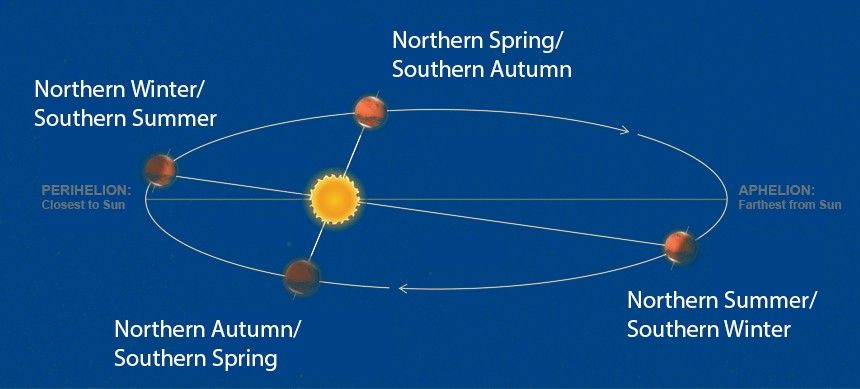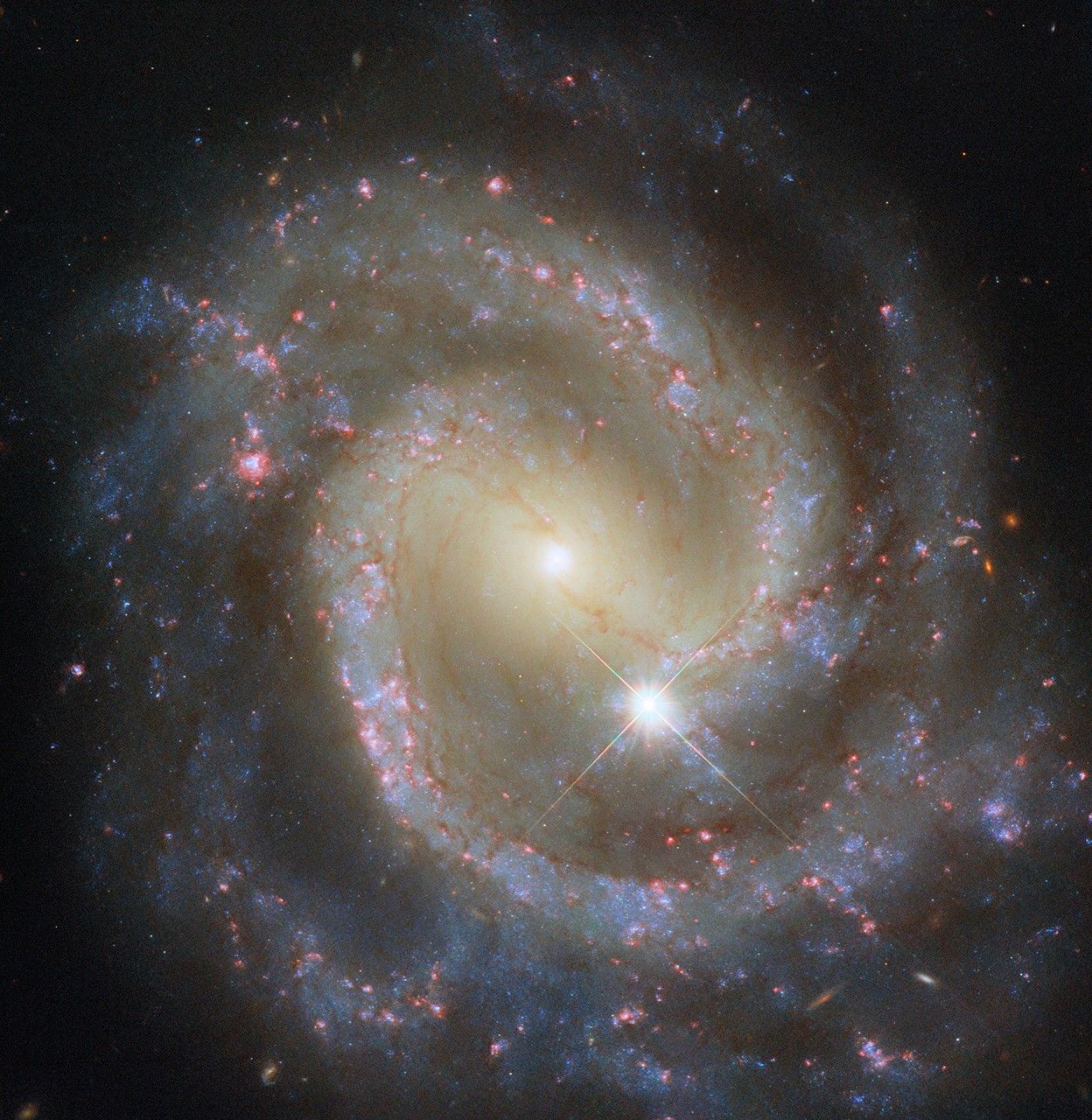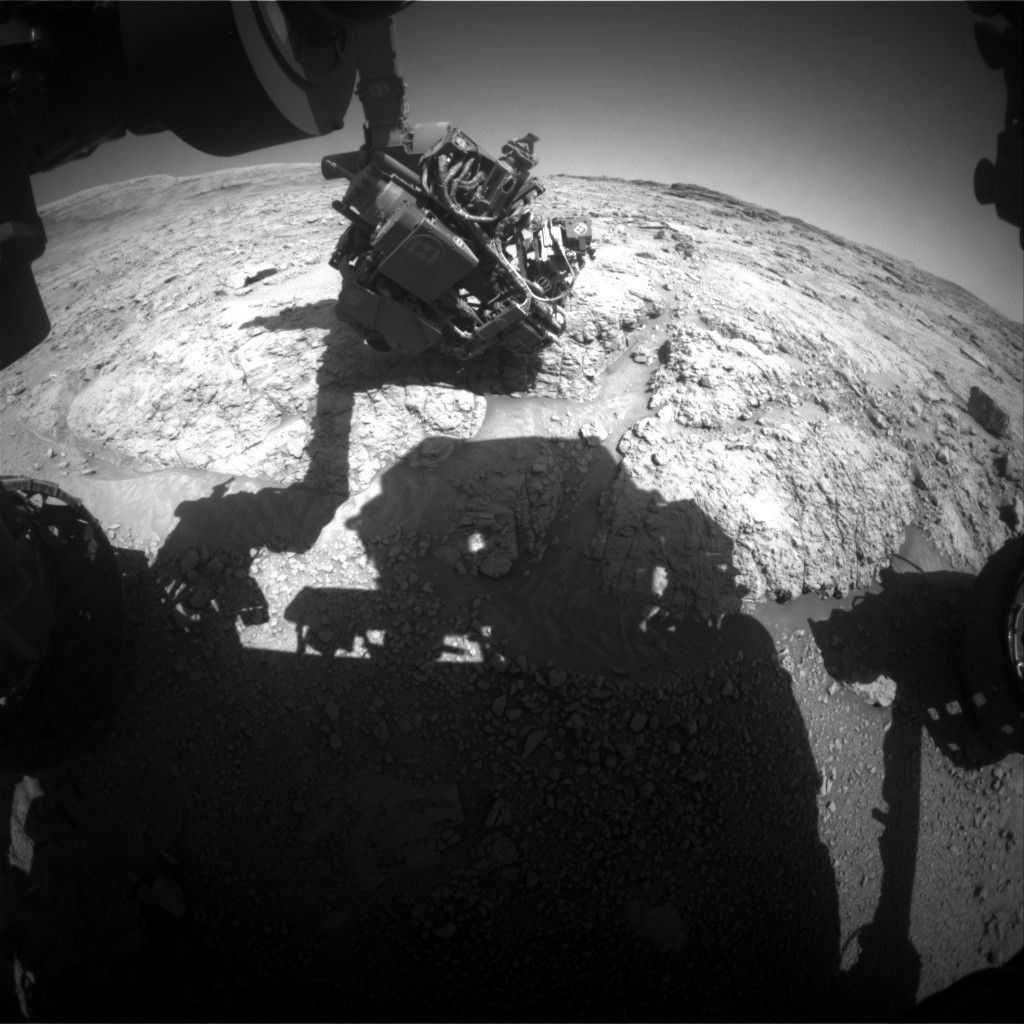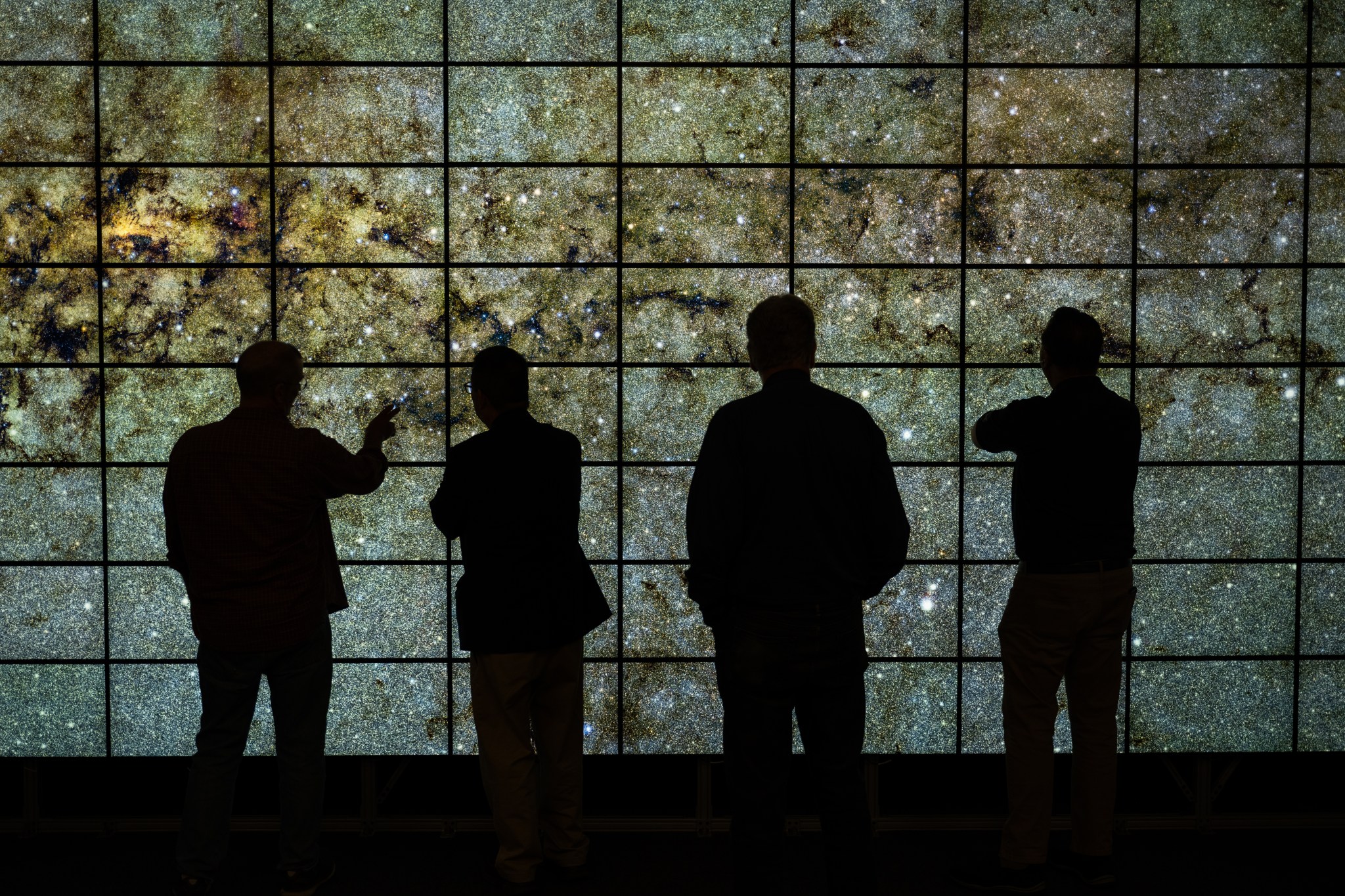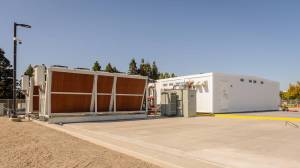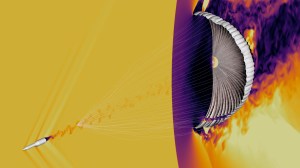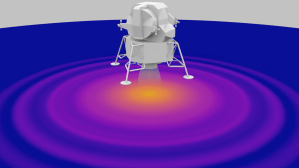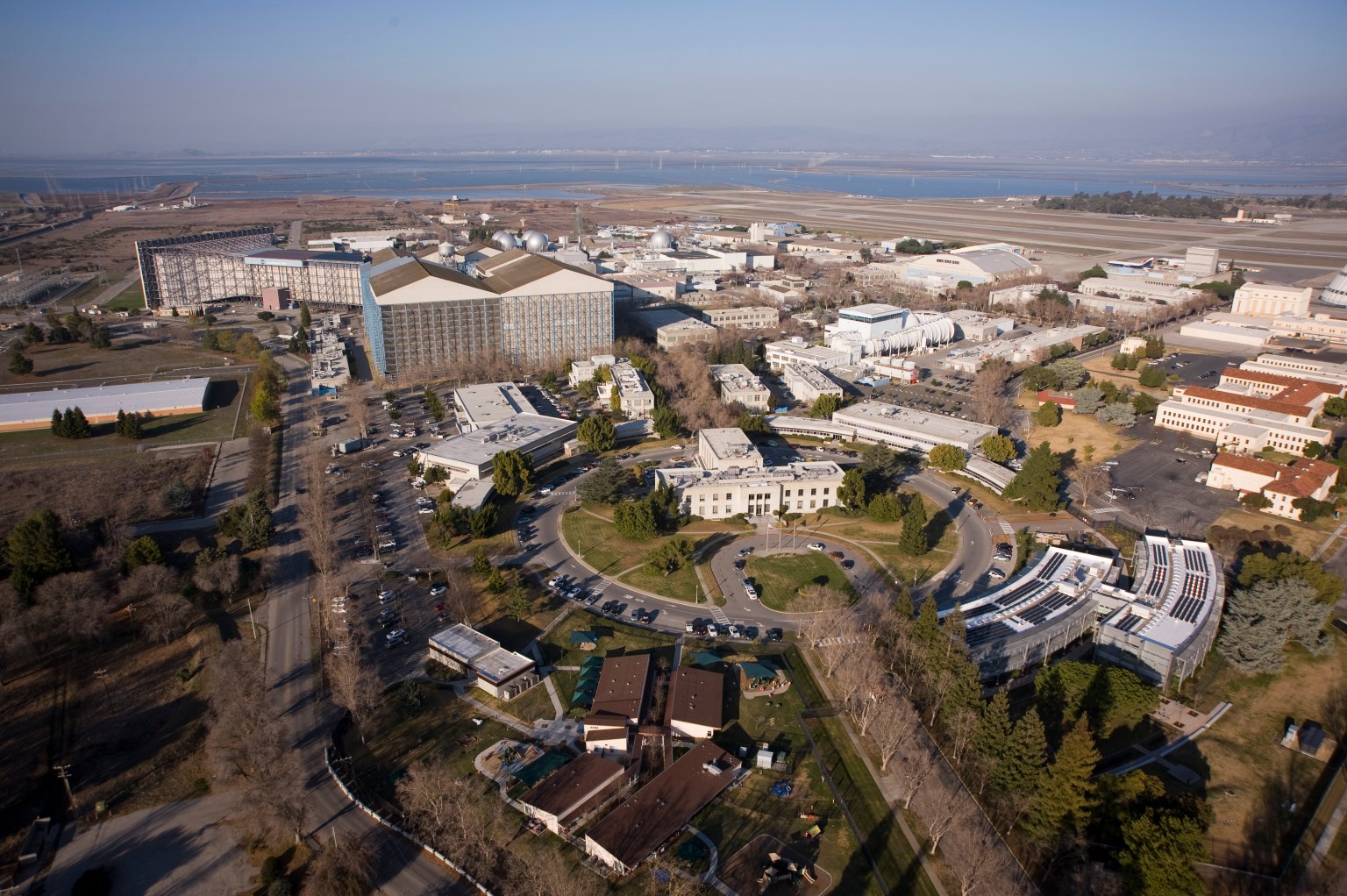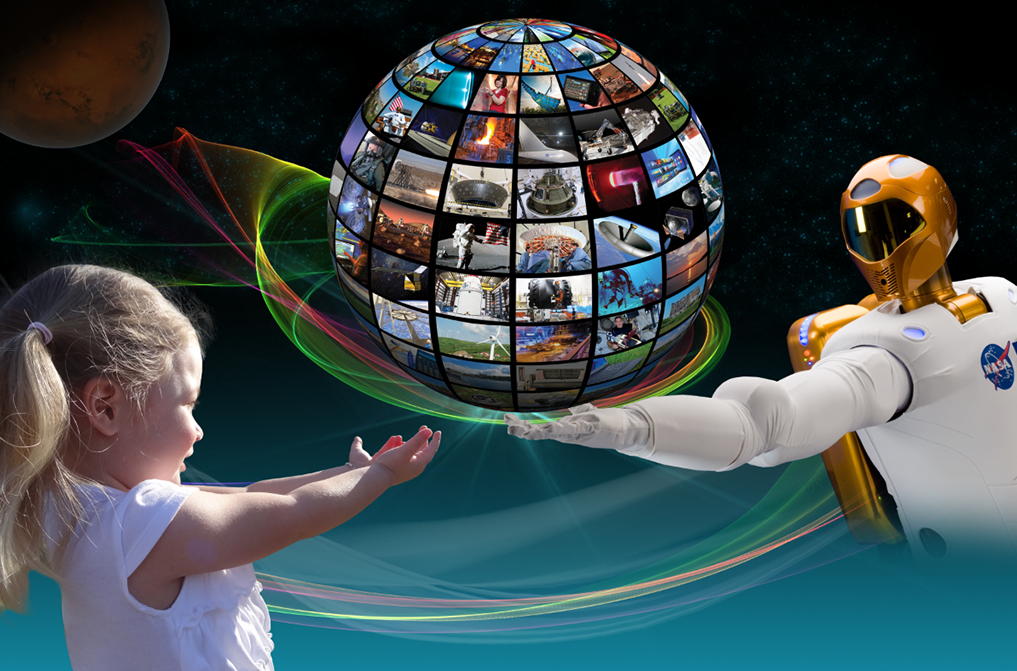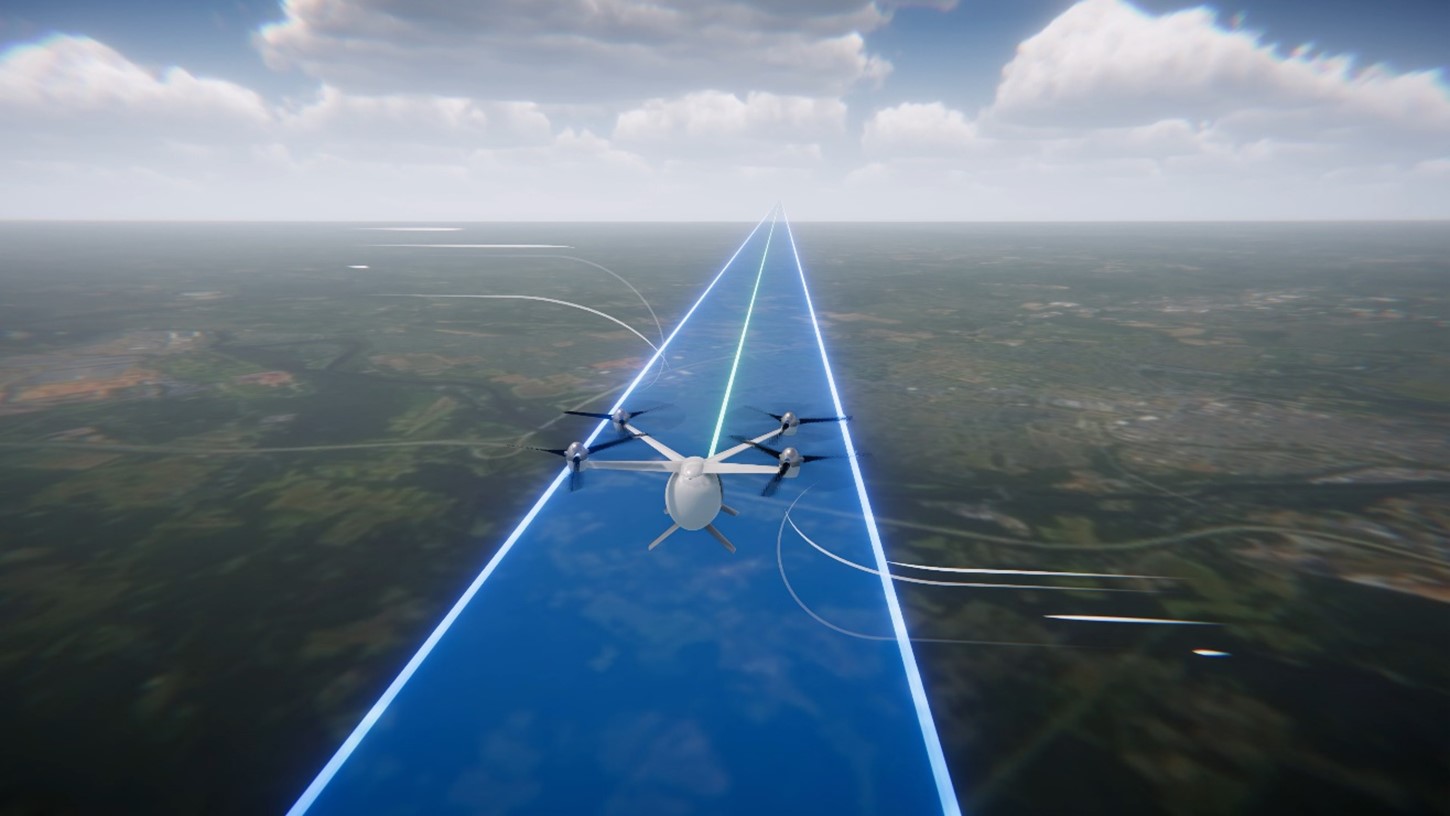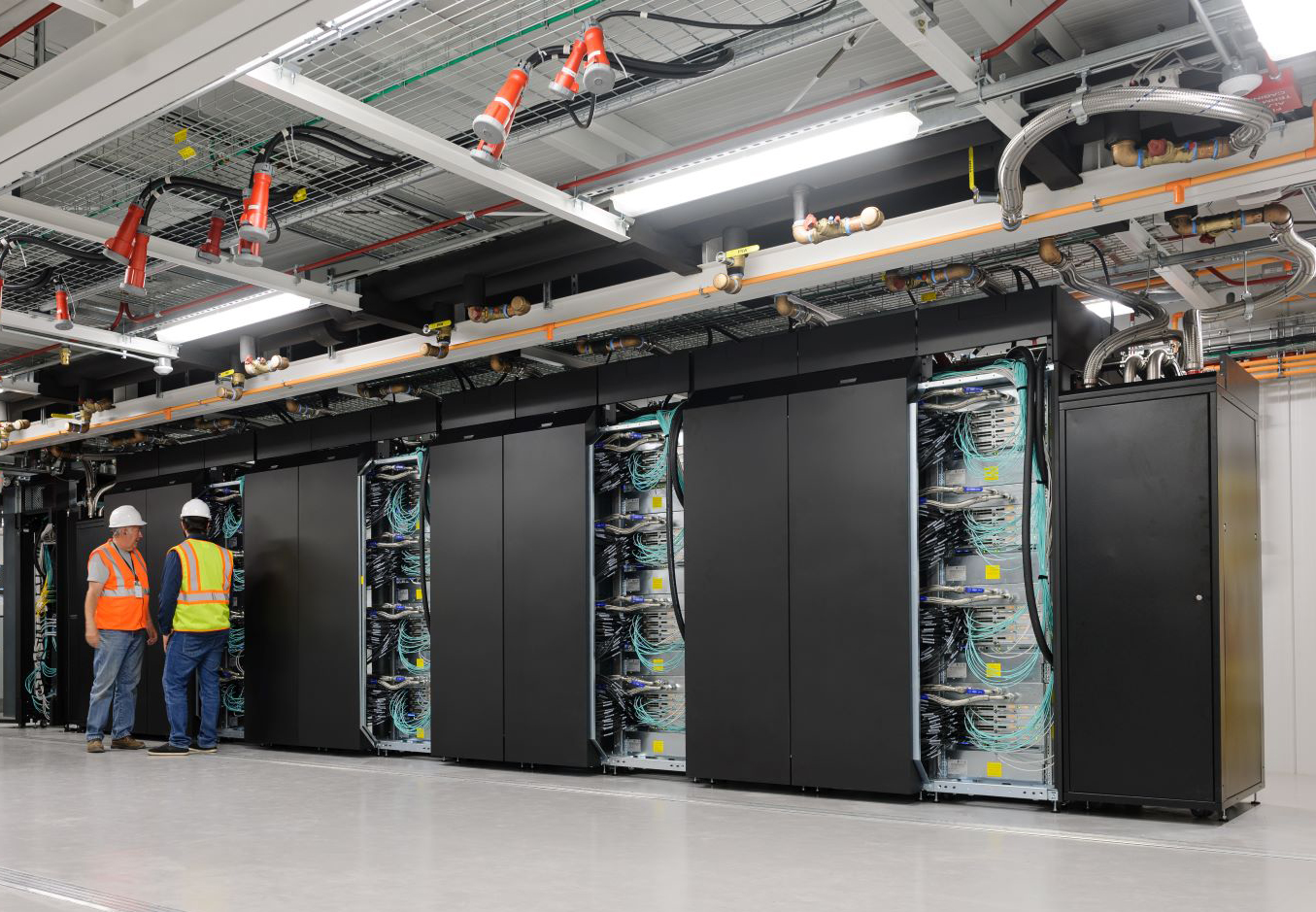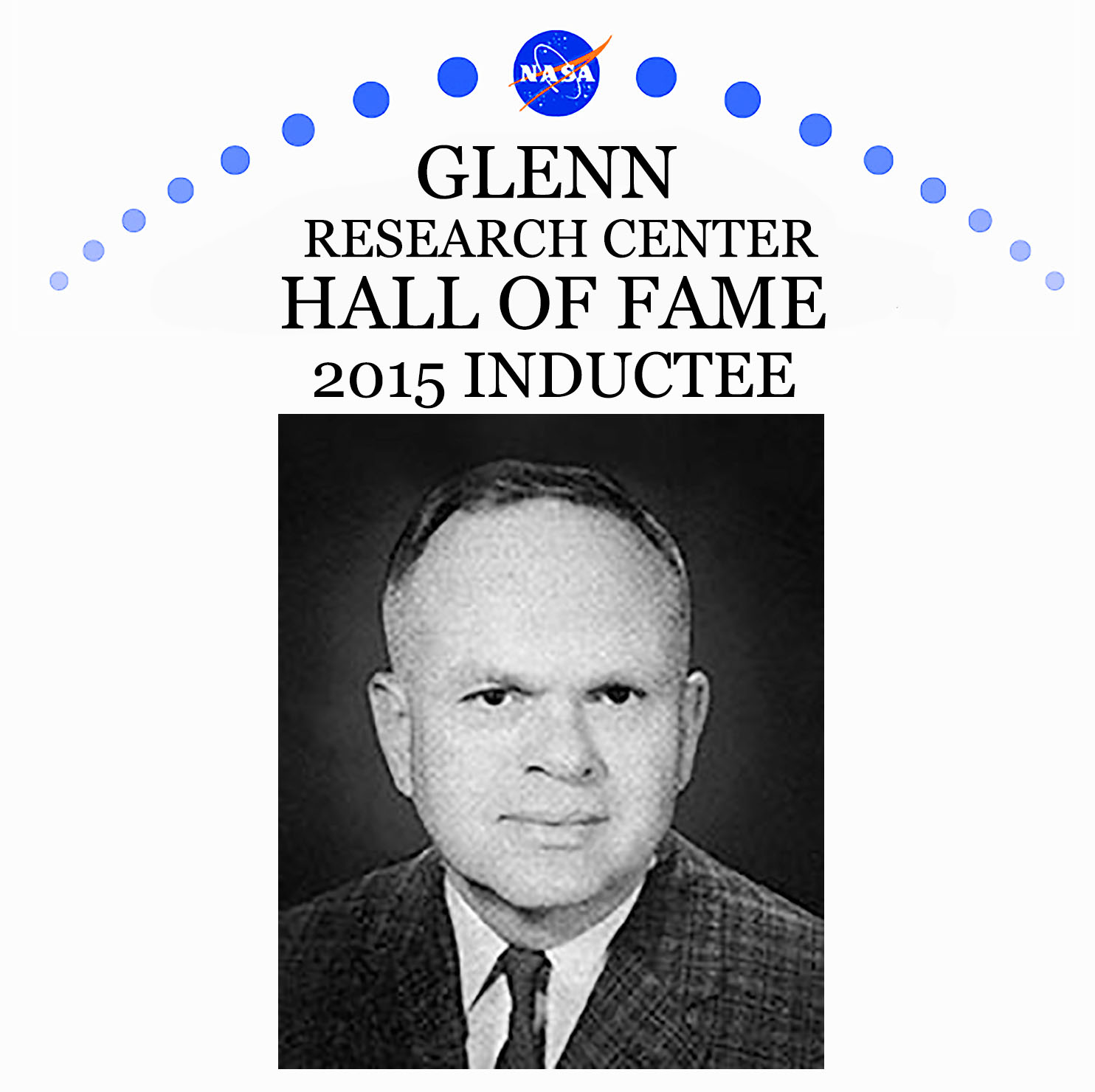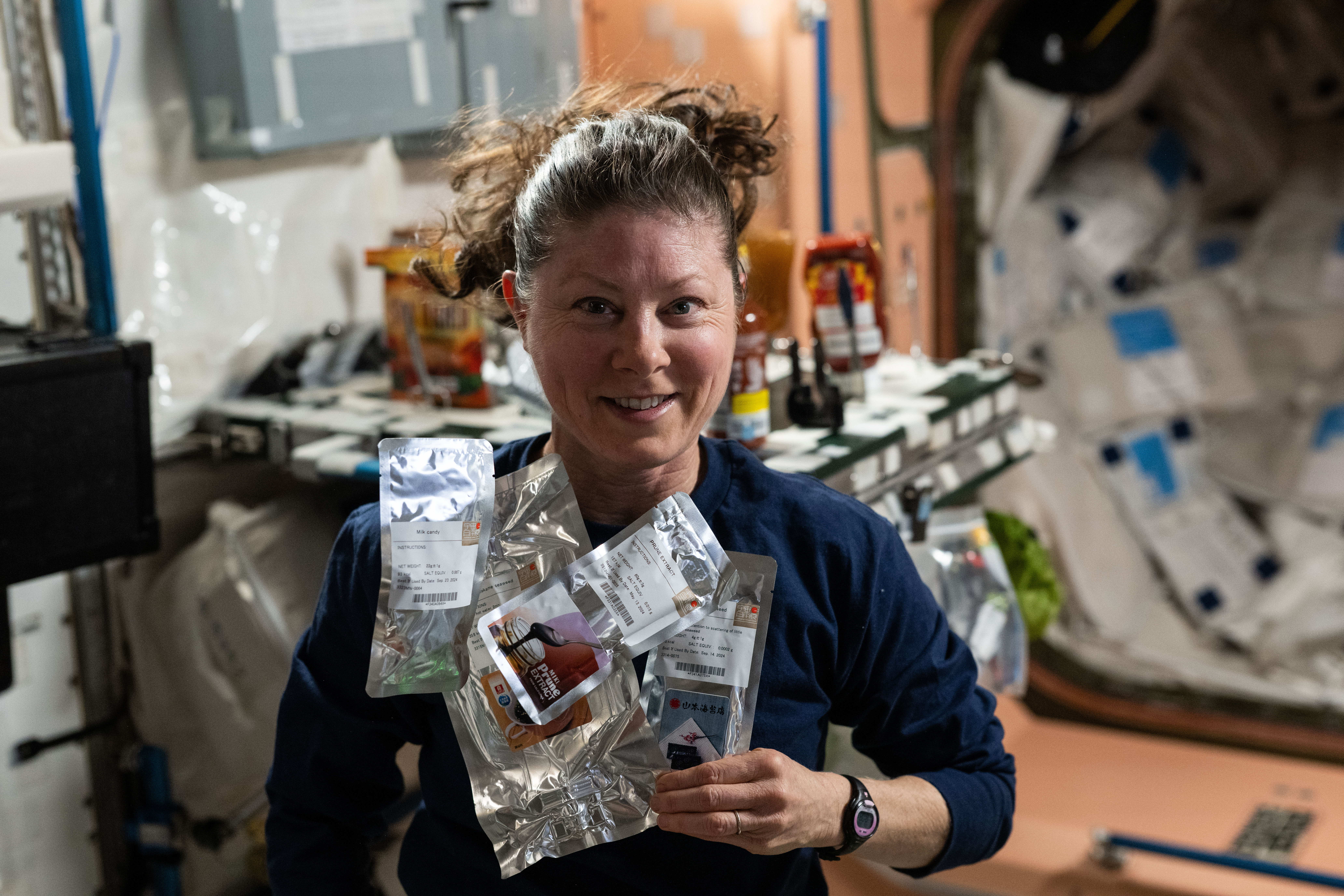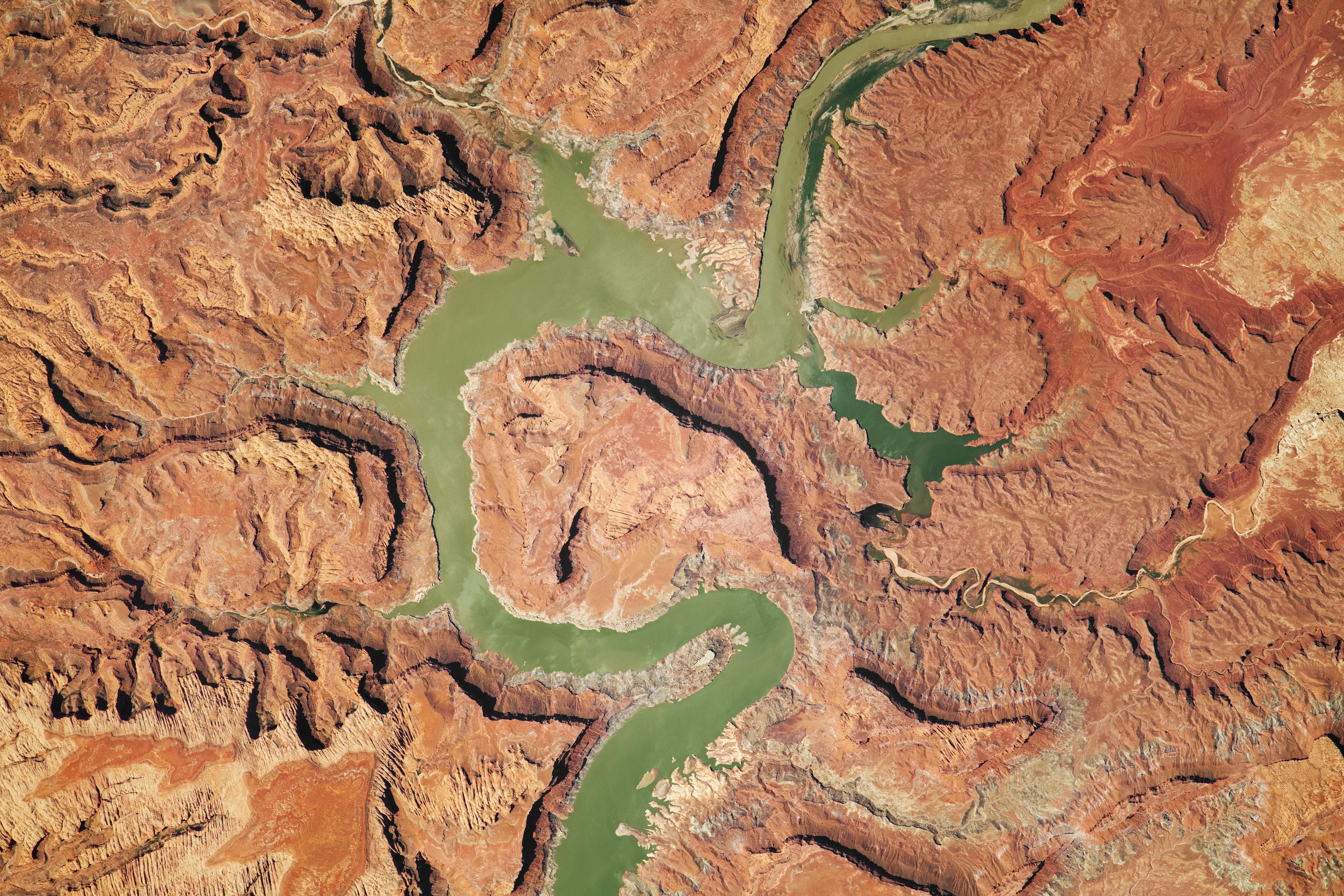NASA’s Upgraded Hyperwall Offers Improved Data Visualization
In May, the NASA Advanced Supercomputing (NAS) facility, located at NASA’s Ames Research Center in California’s Silicon Valley, celebrated the newest generation of its hyperwall system, a wall of LCD screens that display supercomputer-scale visualizations of the very large datasets produced by NASA supercomputers and instruments. The upgrade is the fourth generation of hyperwall clusters […]

1 min read
Preparations for Next Moonwalk Simulations Underway (and Underwater)
In May, the NASA Advanced Supercomputing (NAS) facility, located at NASA’s Ames Research Center in California’s Silicon Valley, celebrated the newest generation of its hyperwall system, a wall of LCD screens that display supercomputer-scale visualizations of the very large datasets produced by NASA supercomputers and instruments.
The upgrade is the fourth generation of hyperwall clusters at NAS. The LCD panels provide four times the resolution of the previous system, now spanning across a 300-square foot display with over a billion pixels. The hyperwall is one of the largest and most powerful visualization systems in the world.
Systems like the NAS hyperwall can help researchers visualize their data at large scale, across different viewpoints or using different parameters for new ways of analysis. The improved resolution of the new system will help researchers “zoom in” with greater detail.
The hyperwall is just one way researchers can utilize NASA’s high-end computing technology to better understand their data. The NAS facility offers world-class supercomputing resources and services customized to meet the needs of about 1,500 users from NASA centers, academia and industry.
Share
Details
Related Terms
What's Your Reaction?








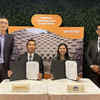




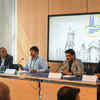


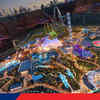


.jpg?#)

